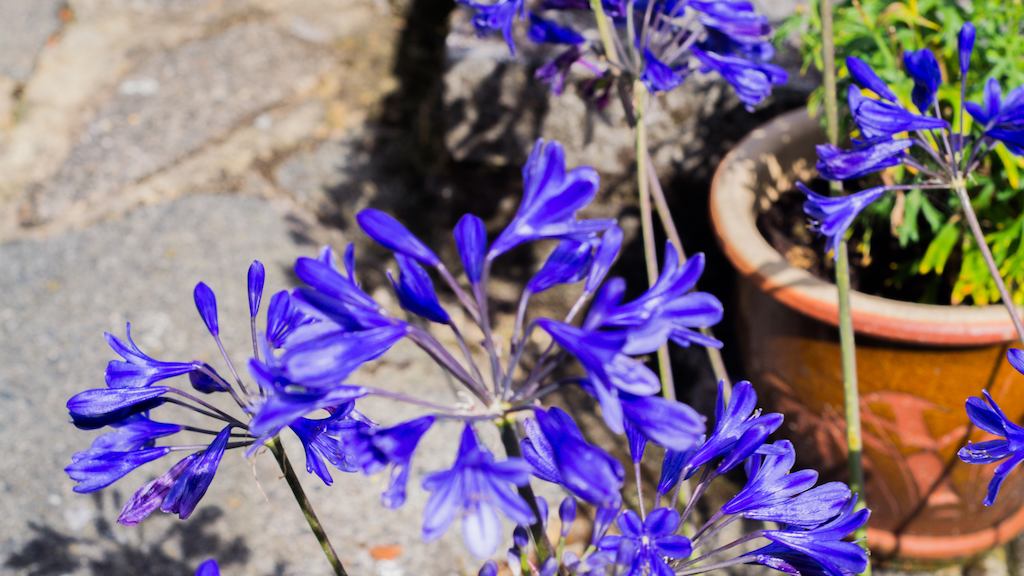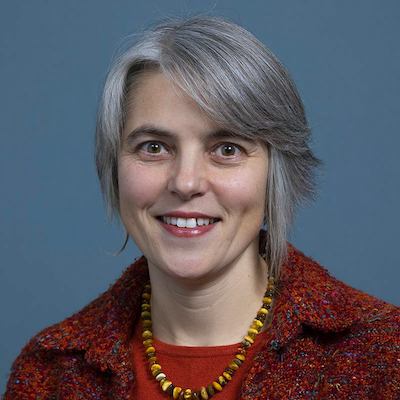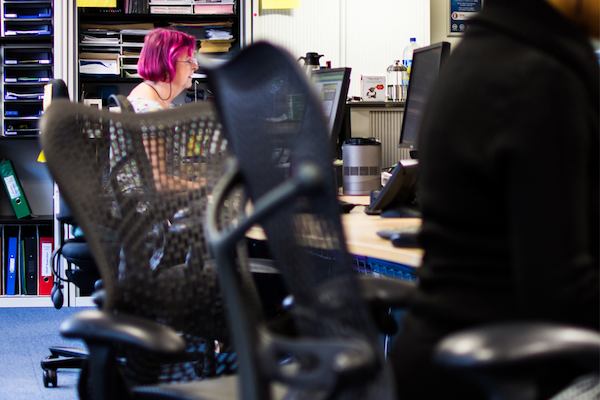When she woke not only did she have to deal with the loss of her husband (whose funeral she had missed), she had to learn to walk again, to dress and feed herself.
It took six months of rehab in the hospital after the accident until she was able to move home. In the meantime, my parents and siblings had moved in. With the help of hand rails and other aids she was able to climb the stairs, not wanting to repeat her own mother in law’s situation of living in the back room. When I was two years old, nearly five years after the accident, the first sheltered accommodation was built in Ilkley. Freda moved in as the first resident. Although my mother popped in most days and did a lot for her, she felt safe and secure there and had a good deal of independence.


